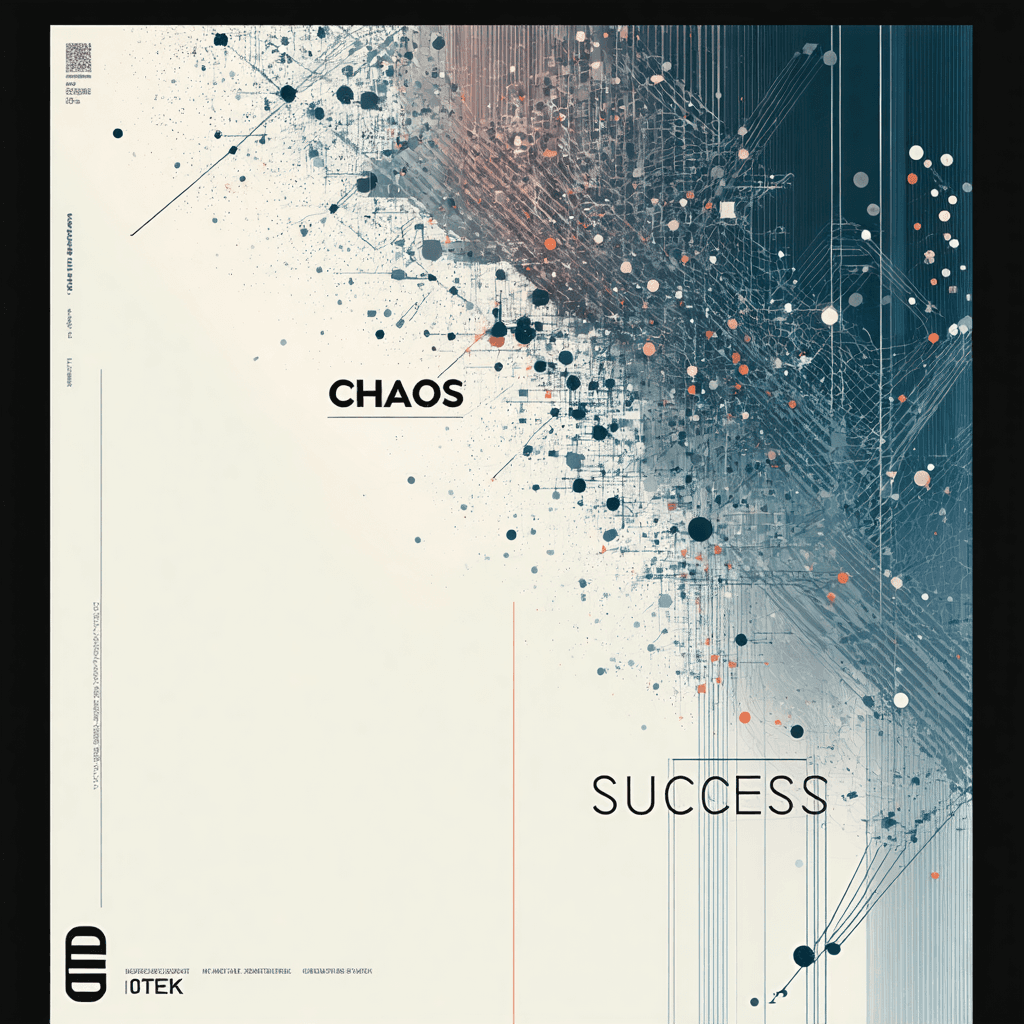From Chaos to Success: 7 Game-Changing Project Management Methodologies That Revolutionize Results
In today's fast-paced business environment, effective project management can mean the difference between spectacular success and costly failure. Organizations worldwide are continuously seeking proven methodologies to streamline their processes and deliver outstanding results. Let's explore seven revolutionary project management approaches that are transforming how teams work and succeed.
1. Agile Methodology: Embracing Flexibility and Innovation
The Agile methodology has revolutionized project management, particularly in software development and beyond. This iterative approach emphasizes flexibility, continuous improvement, and customer satisfaction. By breaking projects into smaller, manageable sprints, teams can adapt quickly to changing requirements and deliver value incrementally.
Key Benefits:
- Rapid response to change
- Enhanced customer collaboration
- Improved team communication
- Regular delivery of functional components
- Reduced project risks
2. Scrum Framework: Structured Agility
As the most popular Agile framework, Scrum provides a structured approach to project management while maintaining flexibility. Through daily stand-ups, sprint planning, and retrospectives, teams maintain clear communication and accountability.
Core Elements:
- Sprint cycles (typically 2-4 weeks)
- Daily Scrum meetings
- Sprint planning and review sessions
- Defined roles (Scrum Master, Product Owner, Development Team)
- Product backlog management
3. Lean Project Management: Eliminating Waste
Derived from Toyota's manufacturing principles, Lean project management focuses on maximizing value while minimizing waste. This methodology has proven effective across various industries, from manufacturing to service delivery.
Fundamental Principles:
- Identify value from the customer's perspective
- Map the value stream
- Create flow
- Establish pull
- Pursue perfection
4. Six Sigma: Data-Driven Excellence
Six Sigma methodology emphasizes data-driven decision-making and process improvement. By focusing on reducing variability and eliminating defects, organizations can achieve remarkable quality improvements and cost savings.
Key Components:
- DMAIC framework (Define, Measure, Analyze, Improve, Control)
- Statistical process control
- Root cause analysis
- Continuous improvement culture
- Measurable ROI
5. Waterfall Methodology: Sequential Precision
While traditional, the Waterfall methodology remains effective for projects with well-defined requirements and deliverables. Its structured, sequential approach provides clarity and predictability in project execution.
Sequential Phases:
- Requirements gathering
- System design
- Implementation
- Testing
- Deployment
- Maintenance
6. Kanban: Visual Workflow Management
Kanban's visual approach to project management has gained significant popularity for its simplicity and effectiveness. By visualizing work in progress, teams can identify bottlenecks and optimize workflow efficiency.
Essential Features:
- Visual board representation
- Work in Progress (WIP) limits
- Continuous flow
- Pull system
- Real-time collaboration
7. Hybrid Approach: The Best of All Worlds
Modern organizations increasingly adopt hybrid methodologies, combining elements from different approaches to create customized solutions that best fit their specific needs and challenges.
Benefits of Hybrid Implementation:
- Flexibility to adapt to project requirements
- Improved risk management
- Enhanced stakeholder satisfaction
- Better resource utilization
- Increased project success rates
Implementing Project Management Methodologies Successfully
Successful implementation of any project management methodology requires careful consideration of several factors:
Organizational Culture
- Assess current practices
- Identify resistance points
- Plan change management strategies
- Secure leadership support
Team Capabilities
- Evaluate skill levels
- Provide necessary training
- Ensure proper tool adoption
- Foster continuous learning
Project Requirements
- Analyze project complexity
- Consider stakeholder needs
- Evaluate timeline constraints
- Assess resource availability
Technology Infrastructure
- Select appropriate tools
- Ensure system compatibility
- Plan for integration needs
- Consider scalability requirements
Best Practices for Methodology Adoption
To maximize the benefits of these methodologies, consider these best practices:
- Start with pilot projects
- Gather feedback continuously
- Adapt and customize as needed
- Measure and track progress
- Celebrate small wins
- Document lessons learned
- Maintain open communication
Measuring Success
Implementing new project management methodologies should lead to measurable improvements in:
- Project completion rates
- Team productivity
- Customer satisfaction
- Resource utilization
- Quality metrics
- Cost efficiency
- Time-to-market
The Future of Project Management
As organizations continue to evolve, project management methodologies will adapt to meet new challenges. Emerging trends include:
- AI-powered project management tools
- Enhanced remote collaboration capabilities
- Greater emphasis on sustainability
- Increased focus on emotional intelligence
- Integration of data analytics
Conclusion
The success of any project management methodology ultimately depends on its alignment with organizational goals, team capabilities, and project requirements. By understanding and appropriately implementing these seven game-changing methodologies, organizations can significantly improve their project outcomes and achieve sustainable success.
Ready to transform your project management skills and drive better results? Explore our comprehensive range of project management courses and resources at 01TEK. Our expert-led programs will help you master these methodologies and apply them effectively in your organization. Visit 01TEK's Project Management Academy today to begin your journey toward project management excellence.
Business opportunities are like buses, there’s always another one coming.
Richard Branson



